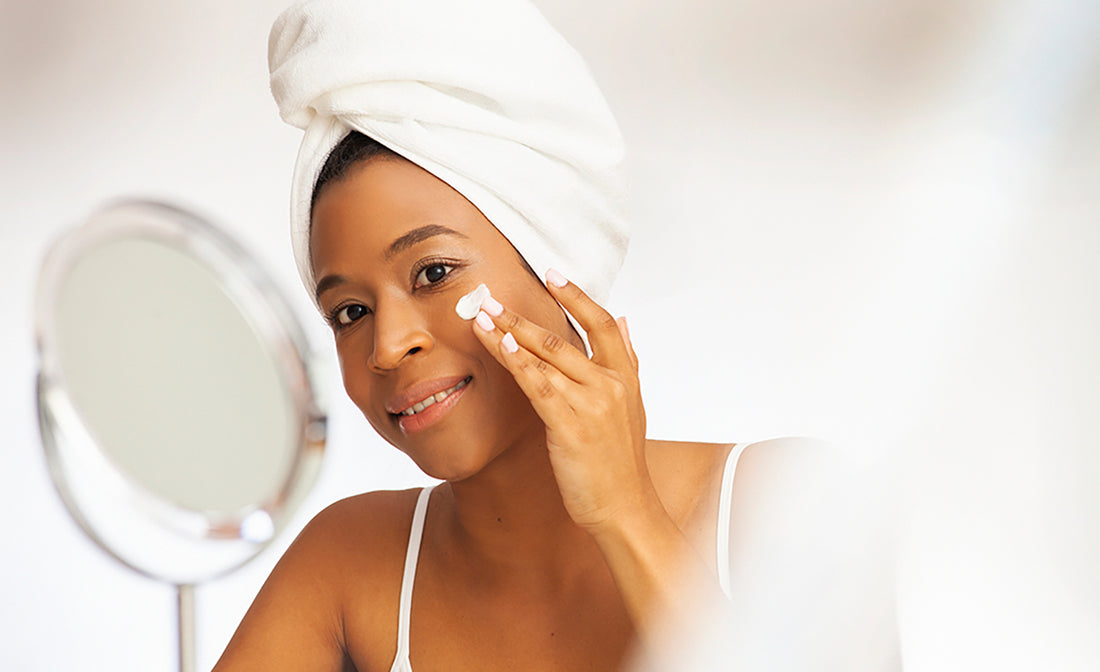
What is sebum?
Share
More commonly known as our skin’s natural oil, it hydrates and protects our complexion. Let's take a deeper look at its importance and how we can regulate it for skin health.
What is sebum?
Sebum is a natural, oily substance produced by our bodies that protects and hydrates the skin’s surface. It forms a protective barrier on the skin by combining with lipids, which helps to protect the skin from harmful bacteria and external pollutants.
Where is sebum produced?
Sebum is produced by the sebaceous glands which are attached to hair follicles. The sebum is produced through a process called holocrine secretion, using cells called sebocytes. They dissolve and release the sebum which is then pulled up to the skins surface through the duct of the hair follicle.
The highest concentrations of these glands can be found on the face, scalp and chest and when there is an increase in sebum production, these are the areas that are more prone to experiencing acne.
What can affect sebum production?
There are varying factors that can increase or decrease the level of sebum being produced. Fluctuating hormone levels, medications, stress, and lifestyle factors can affect production. It’s completely normal for the levels to vary, especially in women.
What happens if my body over produces sebum?
An excess of sebum can lead to oily and acne prone skin. The excess sebum that is brought to the surface of the skin combines with dead skin cells causing blocked pores. Bacteria then becomes trapped in the pore which can then cause the skin to become inflamed.
If you have oily skin, skin will appear shiny on the face, particularly through the T-zone. It’s important to still provide your skin hydration so it does not over produce more natural oils. Double cleanse every evening to reduce excess sebum and exfoliate 1-2 times a week to remove dead skin cells.
What happens if my body under produces sebum?
If you are producing too little sebum then your skin may be dry, flaky and itchy. It’s important to keep skin moisturised, avoiding using products that dry skin out too much. If you are prone to dry, flaky skin opt for a hydrating moisturiser in the morning and evening like our Hydra+ Marine Cream, and apply a facial oil in the evenings before your moisturiser for an added boost of hydration. Drink plenty of water to keep skin as hydrated as possible!




